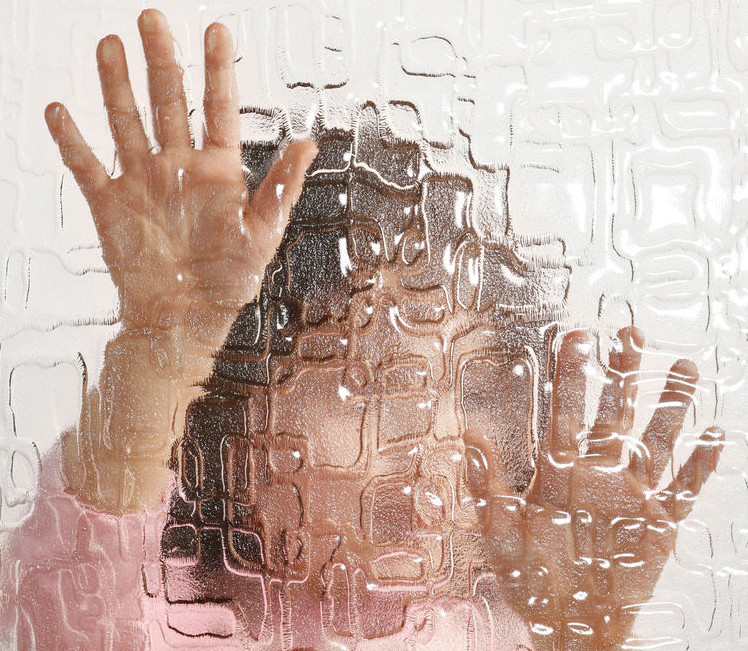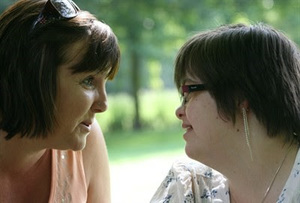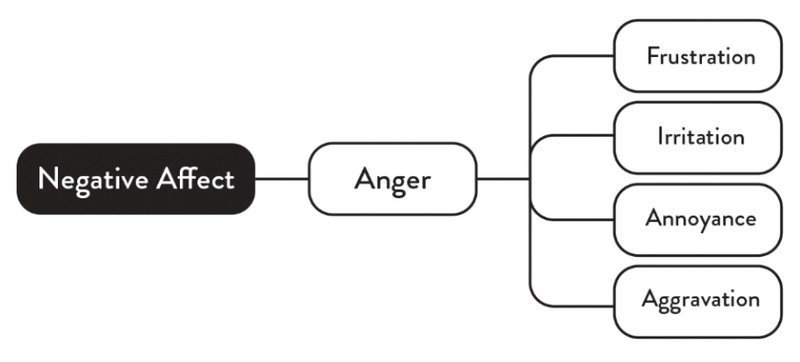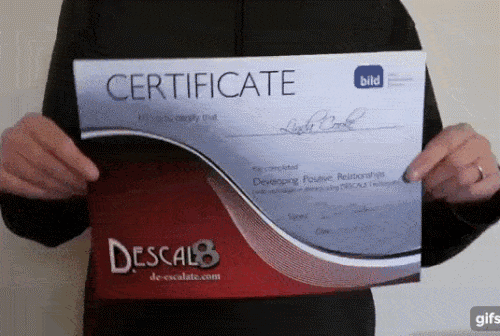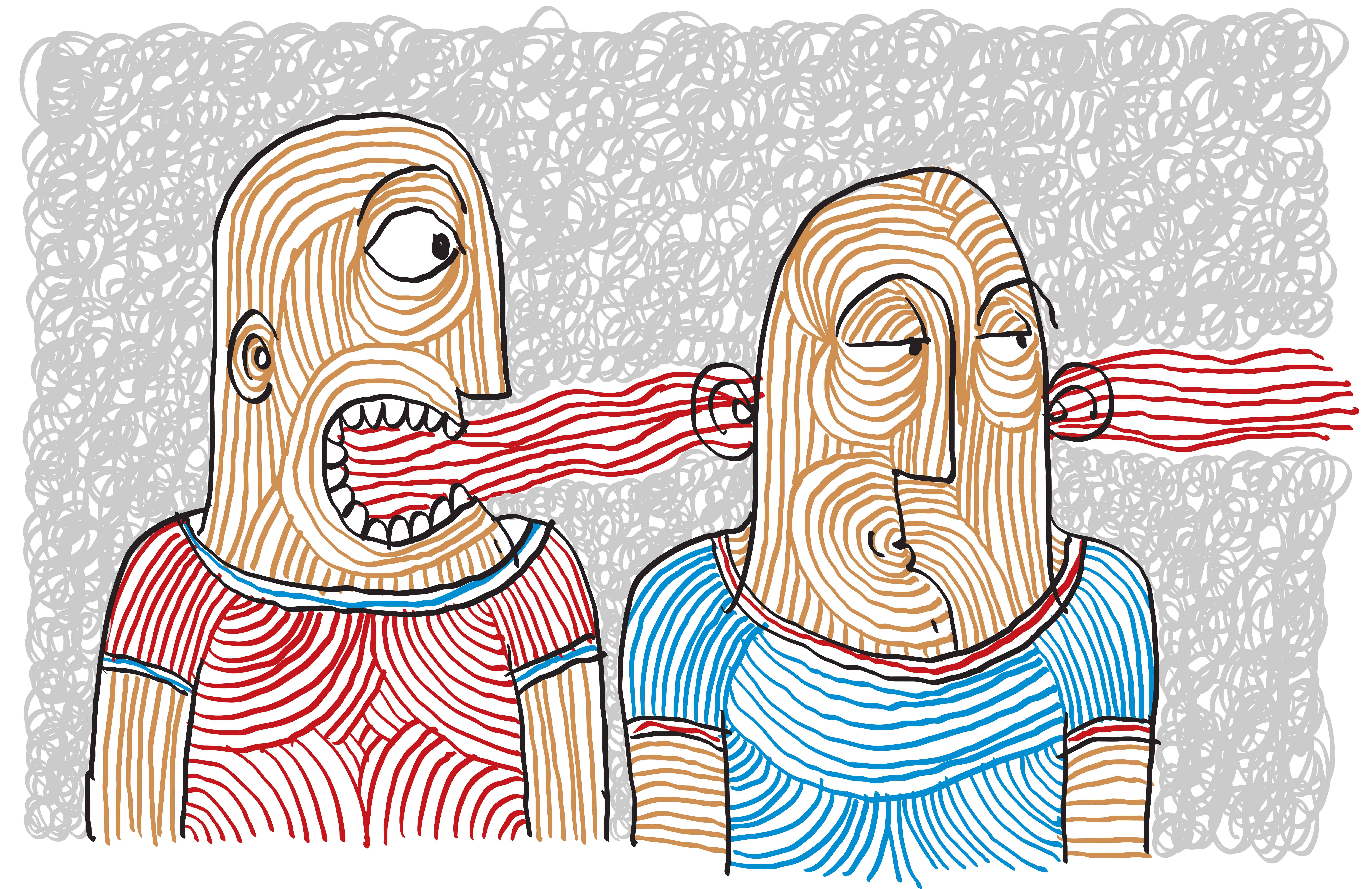BILD clearly states the need for physical interventions to use the minimum possible force to address an immediate danger to the person supported or others.
This basic principle of care is undermined when staff are emotionally tied to the need to “control” an individual and work within their own comfort zone.
Physical skills that restrict movement may feel better for staff who want to be in control, but in practice prevent adrenaline from being burned through movement and therefore cause incidents to drag on far longer than necessary. This is not the case for our Fluid Restraint system, in which incidents are measured in seconds, not minutes (or in some services, hours).
We’ve seen numerous trainings, even in recent years, which still promote restricting movement, pressure on or around joints and even bite escapes designed to break the supported individuals jaw. Inhumane practices like this still exist because of an attitude of control which destroys relationships and leads to worse outcomes for all, while feeling like “it’s the only way”.

